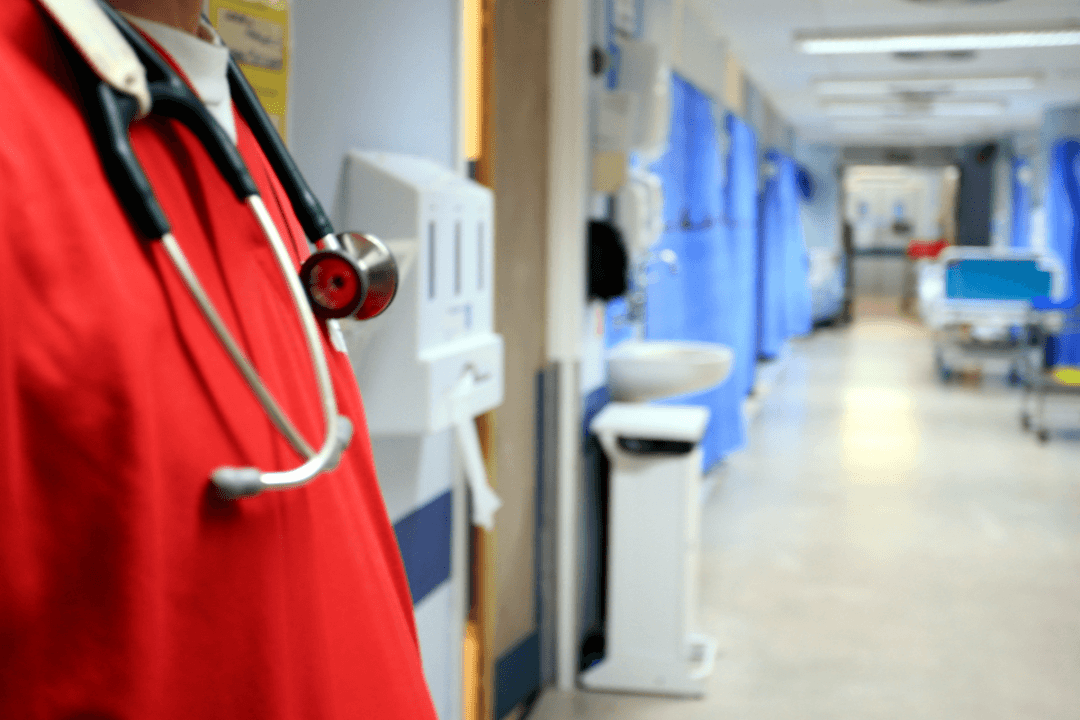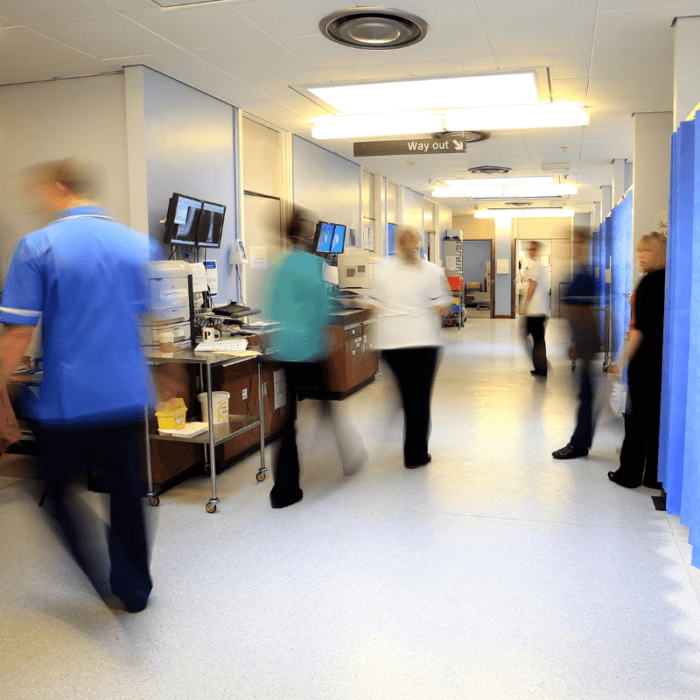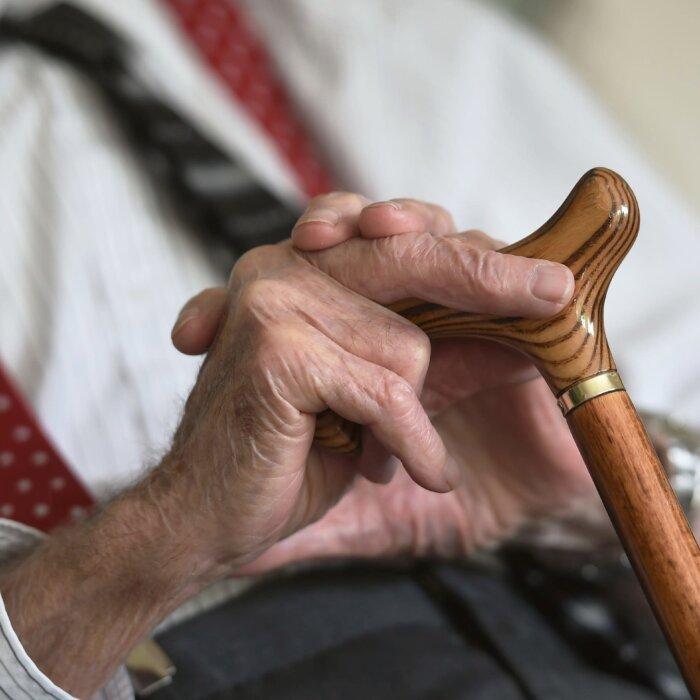NHS surgical hubs can deliver more operations for patients waiting for an elective surgery and help reduce waiting lists, a healthcare think tank has said.
Patients waiting for their elective surgery, often in avoidable discomfort and pain, can be treated sooner and more effectively, researchers suggested.
Hospitals Within a Hospital
Surgical hubs are dedicated units within existing hospital sites that offer common operations and procedures. Some are standalone hubs and are based in separate buildings. The hubs meet the same standards of care and safety as all NHS hospitals.These specialised “hospitals within a hospital” carry out planned surgeries using ringfenced staff and resources.
“This effectively separates elective care into two pathways: a hub focusing on high-volume low-complexity (HVLC) cases, such as cataract removal, tonsillectomy or hip replacement, and the rest of theatre space freed up for more complex cases,” said the Health Foundation.
Planned surgeries, such as tonsillectomy or knee replacement, can be sidelined when there is a surge in demand for emergency care. This can often take place during a bad winter or during a pandemic. But, the Health Foundation study found that surgical hubs can prevent longer waiting times for elective surgery patients.
In their first year, the 31 trusts in England with newly opened hubs carried out 29,000 more procedures than they would have done without a hub. It represents an 21.9 percent increase in the volume of HVLC surgeries during this time.
In the year, following the last COVID-19 lockdown, 23 trusts with established hubs undertook 11.2 percent more elective surgery (of all kinds) than they would have done without a hub.
The study also found evidence of shorter stays in hospitals, which suggest that hubs have the potential to improve efficiency in elective care delivery.
Policies
The research could be “valuable” to policymakers, as they seek solutions to cut NHS waiting times, said the foundation.“With the new government having staked its credibility on tackling the NHS waiting list, our research suggests that surgical hubs could play an important role in helping to deliver on this,” said Tallack.







